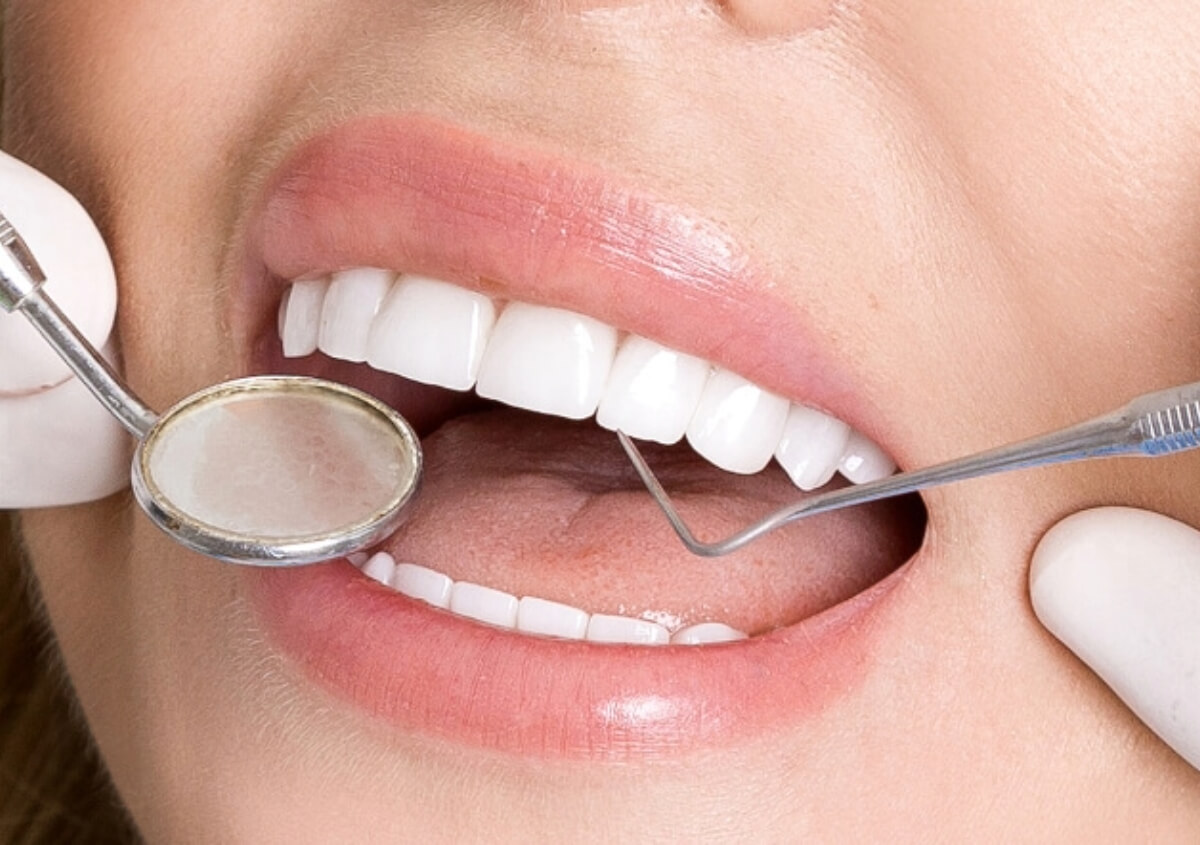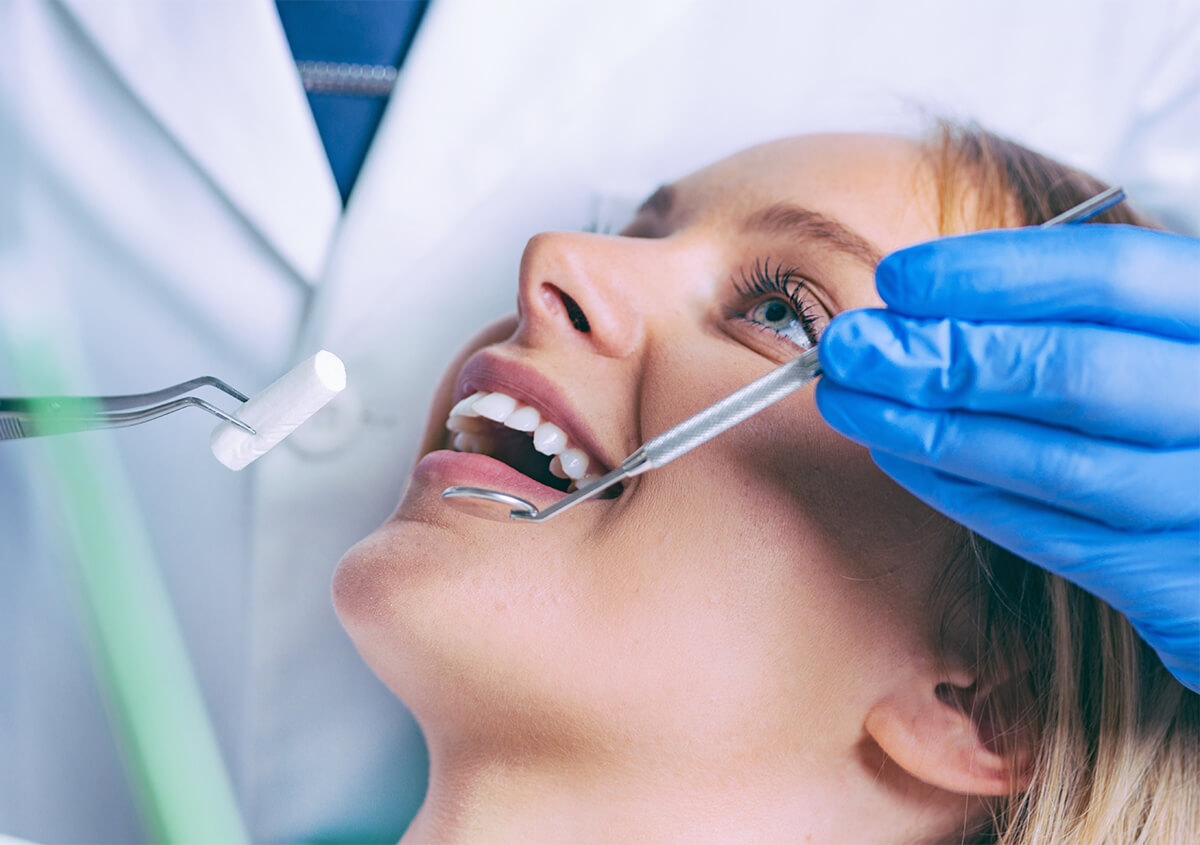Conservative, cosmetic dental fillings for the long, healthy, and attractive smile!
At Smile Today Dental in Glenview, Illinois, we enjoy working closely with our diverse patients to preserve their natural teeth and prevent the need for restorative treatment. If restorations are necessary, Drs Evelyn Kidonakis, Jinyoung Yoo, and Amir Danesh recommend the most conservative treatment options without sacrificing the restored tooth’s durability and long-lasting strength and health. Dental fillings are among those conventional therapeutic options. Modern dental fillings are also fabricated with non-metals, such as composite resin, to conservatively rebuild a portion of a tooth damaged by a cavity.
What makes composite fillings conservative?
Generally, conservative dental restorations preserve a maximum amount of natural and healthy tooth material. They do so by requiring minimal alteration of the natural tooth structure. Since so little of the tooth is altered, these restorations promote:
- Natural function
- Natural feel in the mouth
- Lifelike appearance
- Lasting support and durability
- Long-term health
- A comfortable treatment experience
Composite resin is also an attractive option for patients with sensitivities to metals or those concerned about the risks of allergies associated with dental amalgams made from a mix of silver, tin, copper, and mercury.
A well-tolerated, quick process
As with other types of dental restorations, both the natural tooth to be treated and the new tooth structure to be introduced are “prepared.” Preparation for the natural structure involves removing any irreparably damaged tissue. Medication is also applied to protect nerve endings. You won’t feel anything as the tooth is prepared due to our precision anaesthetic. Your utmost comfort is our priority.
Filling preparation involves assuring that the restoration material is color-matched to blend in precisely with the surrounding teeth. Once the filling is expertly introduced to the prepared tooth, it is shaped and refined as needed. Since the filling is securely bonded to a maximal amount of tooth structure, it is not going anywhere! With proper oral hygiene at home and routine visits to our practice for exams and professional cleanings, you can enjoy your treated tooth for many years to come with no problems. Alternative treatments are equally conservative and involve the placement of dental inlays or dental onlays (partial crowns). These restorations are less extensive alternatives to full-coverage dental crowns. Schedule your examination with our team at Smile Today Dental by calling 847-440-3331.




